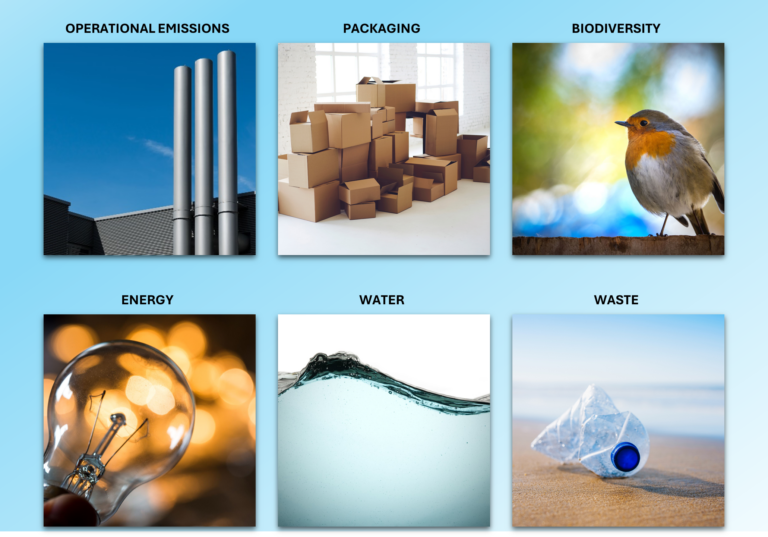Dunbia is committed to putting in place measures to mitigate the potential impacts of climate change.
Climate Change Adaptation and Mitigation
We at Dunbia are conscious of the impact climate change may have across people, operations, logistics, assets, markets and finance. We continue to risk assess these areas looking at the impact extreme weather events may have.
Our Engineering Design Team considers climate change adaptation during the design process to account for more extreme weather events, such as higher temperature or rainfall and we are committed to putting measures in place to offset these.
Our Environmental Commitments:

- Operational emissions are our emissions from our production sites and electricity consumption. Our target is to reduce Scope 1 and 2 absolute emissions by 59% by 2030 and to Net Zero by 2040.
- Packaging is essential for safely storing and transporting food. We are working to achieve the REPAK and UK Plastics Pact Targets by 2025 and 2030, removing unnecessary plastic, increasing recyclability and recycled content.
- Given the nature of our business, we are intrinsically linked to the environment and the eco-systems in which we operate. We are working to protect and restore nature and biodiversity on our sites and in our communities.
- All production sites will be evaluated against a variety of initiatives such as rainwater harvesting and greywater reuse, with suitable projects rolled out by 2030, and we will reduce water usage intensity year on year.
- Since 2020 we have sourced 100% renewable electricity to power our sites and as we further electrify thermal energy generation into the future, we will continue to procure or generate from renewable sources.
- By adopting a LEAN approach, we have been a zero waste to landfill business since 2016. We are working hard to increase the volume of waste recycled, reused and recovered (excluding refuse derived fuel) to 60% by 2030.
- For more information, please visit Working Together for a Better Future | Plan Four Zero
International Standards
Dunbia views effective environmental and energy management as an essential strategic requirement of our business All our primary and retail processing sites are certified to the internationally recognised environment management standard ISO14001:2015. Implementation of ISO14001 provides a framework for environmental management best practise to help an organisation:
- Minimise environmental footprint and ensure compliance with relevant environmental legislation.
- Diminish the risk of pollution incidents and provide operation improvements to develop our business in a sustainable manner.
We at Dunbia recognise that investing in an effective energy management system allows a business to improve energy efficiency and performance, while lowering operating costs and ultimately reducing greenhouse gas emissions and carbon footprint. We have also implemented the internationally recognised Energy Management Standard ISO50001:2018 at a group level.
